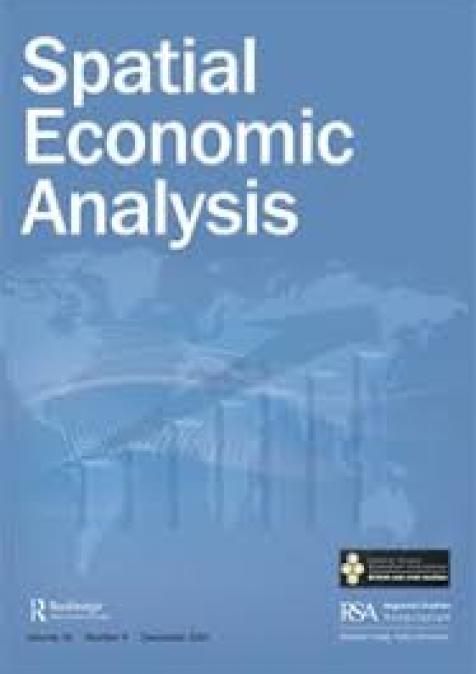Publications /
Opinion
This paper explores the use of simulations in policy decision-making in the Brazilian State of São Paulo in fighting the COVID-19 pandemic. We propose a methodology for assessing the daily economic costs of control strategies for mitigating the effects of coronavirus. The method is based on the partial hypothetical extraction approach to input–output systems. Simulated daily scenarios based on different levels of compliance to the control measures are used to help guide the design of sectoral and territorial-based policies to ease lockdown against the coronavirus outbreak, taking into account the economic and sanitary trade-offs. We present examples of simulations that can substantiate top-level decision-making.


